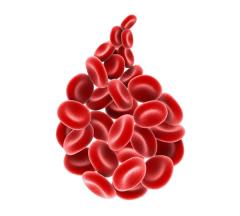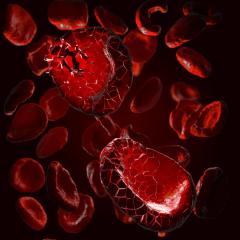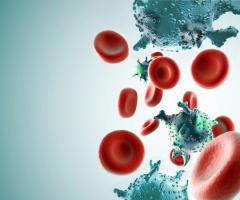
Building On Outcomes With Isatuximab in Newly Diagnosed Myeloma
Next steps for research in the multiple myeloma space may include the development of novel CAR T-cell strategies and bispecific antibodies.
Episodes in this series

In a conversation with CancerNetwork® at the
Although the Isa-VRd may become a standard of care for some elderly populations, Facon, a professor of hematology in the Department of Hematology at Lille University Hospital, discussed how next steps may involve exploring the potential benefits of this treatment in patients over 80 years old. Additionally, he highlighted how novel CAR T-cell strategies and bispecific antibodies may further improve upon the treatment outcomes observed with the Isa-VRd regimen.
At a median follow-up of 59.7 months, the median progression-free survival (PFS) was not reached with Isa-VRd vs 54.3 months in patients who received bortezomib, lenalidomide, and dexamethasone only (HR, 0.596; 98.5% CI, 0.406-0.876; P = .0005). Based on current trends in the PFS data, the median PFS with Isa-VRd is anticipated to be approximately 90 months.
Transcript:
This regimen will become a standard of care for a large proportion of elderly patients with myeloma. That being said, everything can be improved. In fact, we may want to look at patients over the age of 80 years so that we would be able to elaborate a regimen that will be suitable for very elderly patients. That's such an important question.
Then, we will have to implement, in different ways, new modalities for model mice. For example, CAR T strategies, bispecific antibodies, or new CELMoDs. You have several ways to improve on Isa-VRd. Also, considering that the median PFS will likely be over 80 months for the Isa-VRd arm, it will not be so easy. But of course, we must find something better.
Reference
Facon T, Dimopoulos MA, Leleu XP, et al. Phase 3 study results of isatuximab, bortezomib, lenalidomide, and dexamethasone (Isa-VRd) versus VRd for transplant-ineligible patients with newly diagnosed multiple myeloma (IMROZ). J Clin Oncol. 2024;42(suppl 16):7500. doi:10.1200/JCO.2024.42.16_suppl.7500
Newsletter
Stay up to date on recent advances in the multidisciplinary approach to cancer.

















![“I don't think [the CRL] impacts how I look at the data that is publicly available and the approval chances long term for linvoseltamab and how we might use it in the future,” said Surbhi Sidana, MD.](https://cdn.sanity.io/images/0vv8moc6/cancernetwork/8b007a323176820eb0754e84186341fe7ca44ae4-350x350.jpg?w=240&fit=crop&auto=format)













































